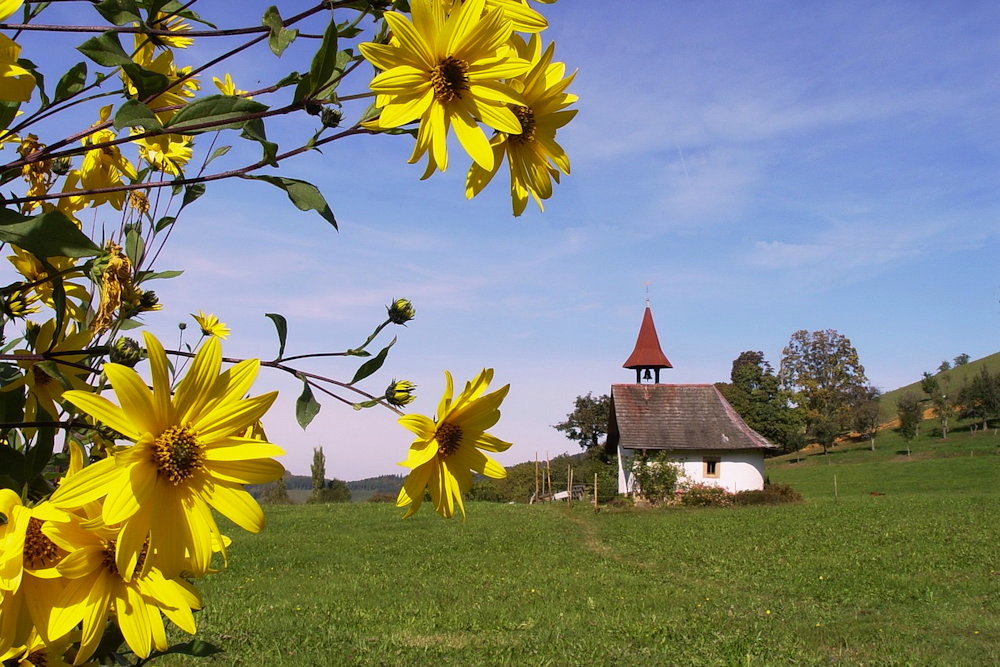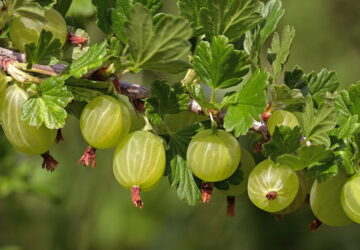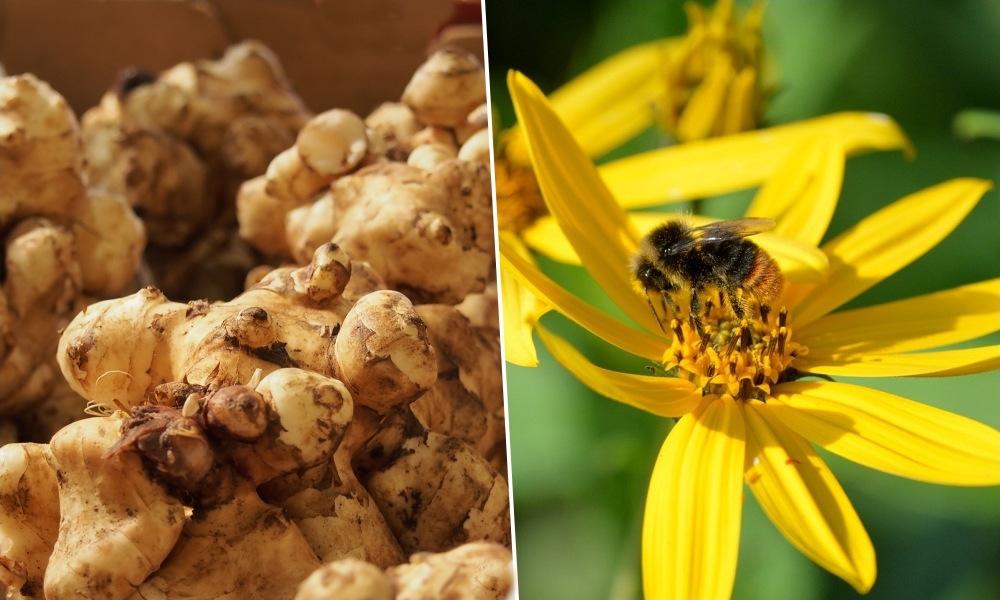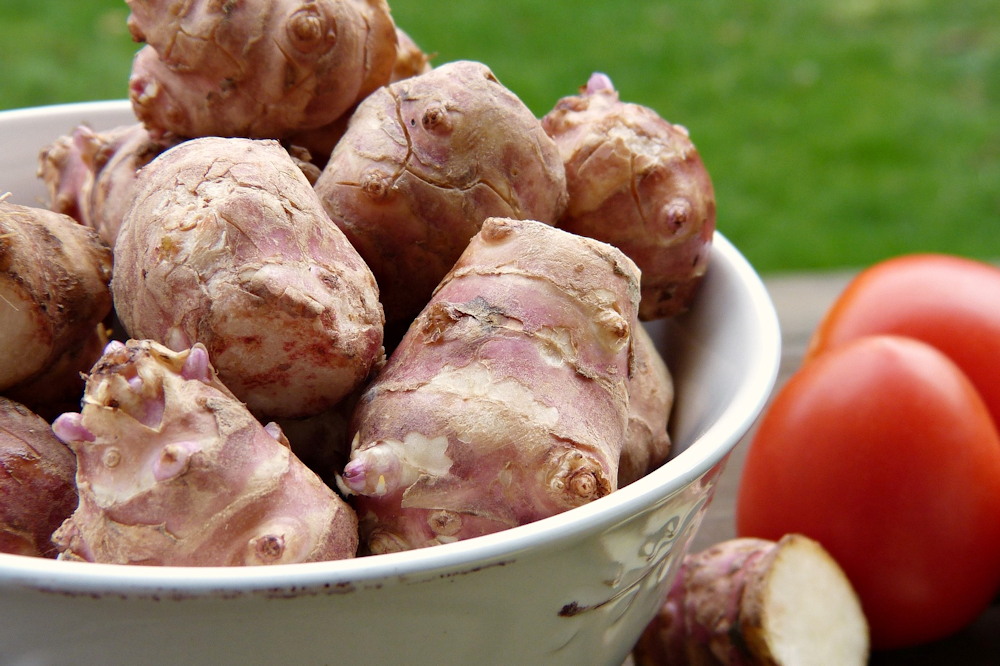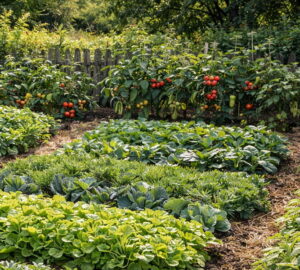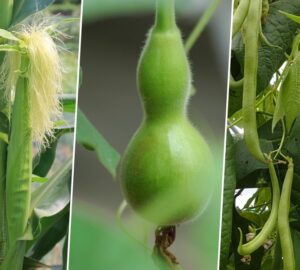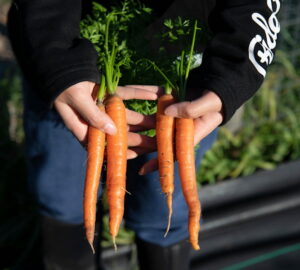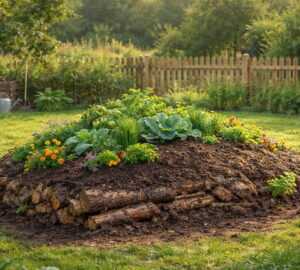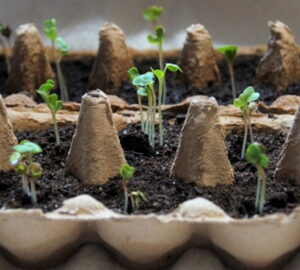Sunchoke, a tuberous delight, often goes by the moniker Jerusalem artichoke. This sunflower cousin boasts not only a fascinating history but also a wealth of culinary and nutritional potential.
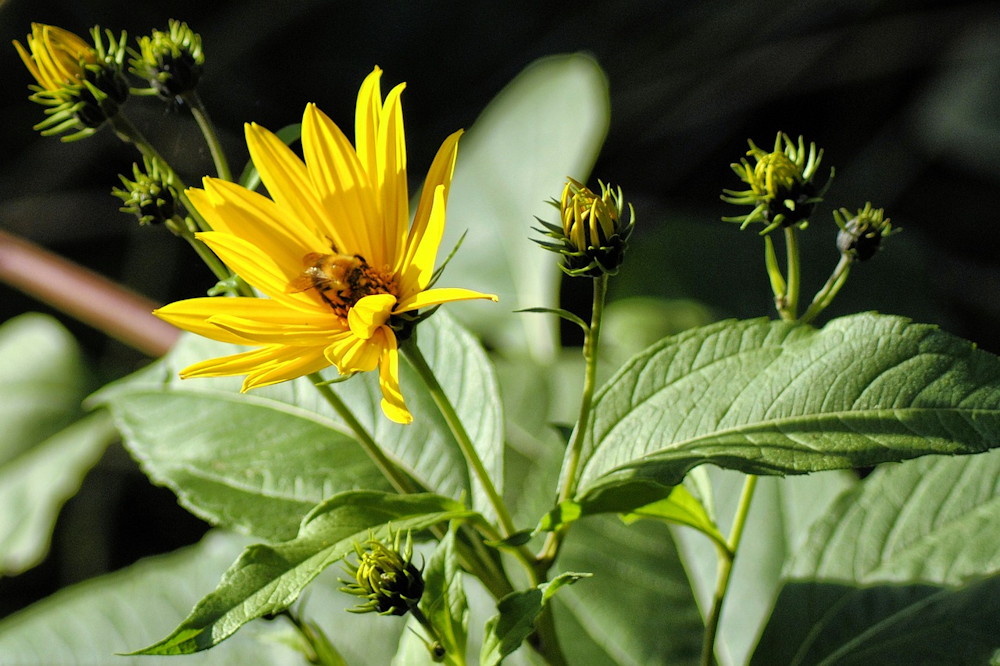
Description
Sunchoke, scientifically known as Helianthus tuberosus, is a lesser-known gem of the edible plant world. Its knobbly tubers, resembling ginger in appearance, house the plant’s rich flavors and nutrients. The sunchoke plant itself stands tall, much like its sunflower relatives, reaching heights of up to 10 feet (3 m). Its brilliant yellow flowers, daisy-like in appearance, are a treat for both the eyes and local pollinators.
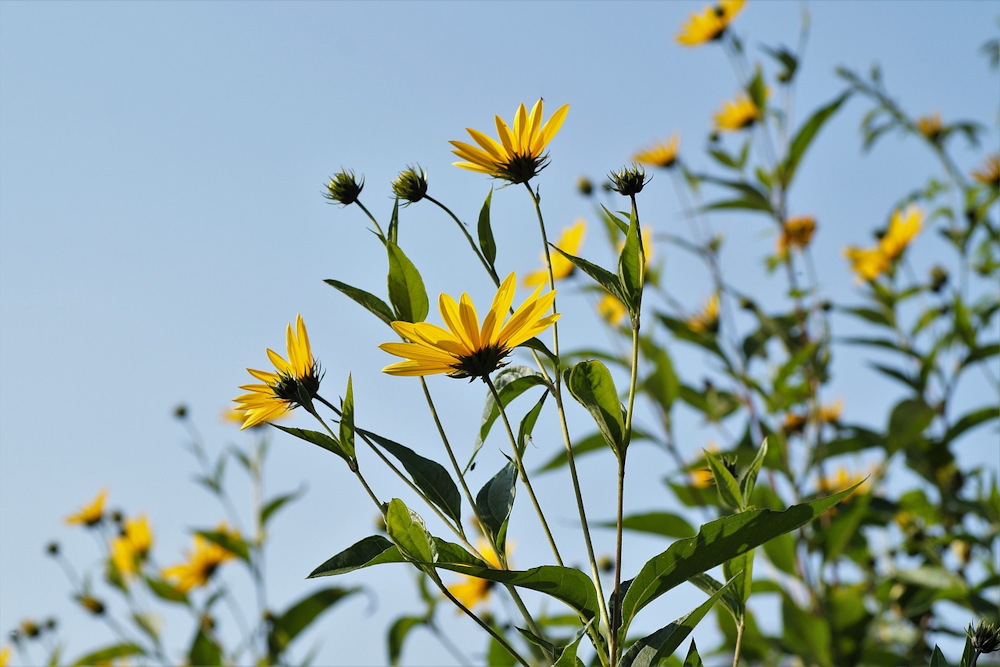
A Below-the-Surface Culinary Treasure
The true treasure of sunchoke lies beneath the soil. Its knobby tubers, with their slightly nutty, sweet flavor, make for a unique addition to any kitchen. Rich in inulin, a prebiotic fiber, sunchoke is a boon for digestive health. Furthermore, these tubers are a fantastic source of potassium, iron and vitamin B6.
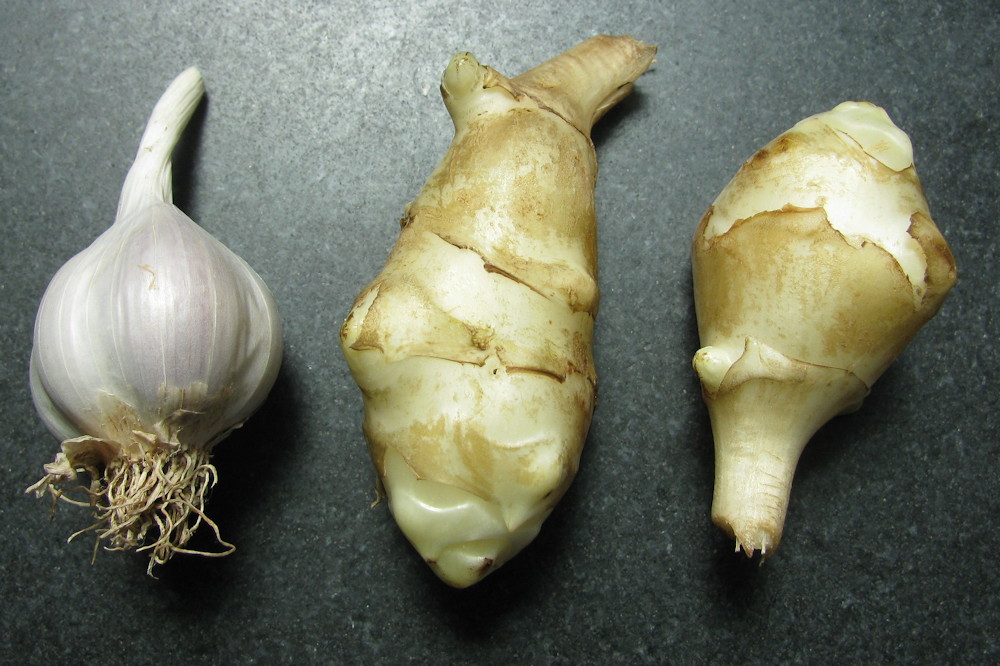
In the kitchen, sunchoke can be sliced thinly and enjoyed raw in salads or sandwiches for a crunchy texture and a hint of sweetness. Alternatively, you can roast, sauté or boil them, creating dishes that highlight their distinct nutty flavor. Soups, purees and gratins all benefit from the addition of these earthy tubers.
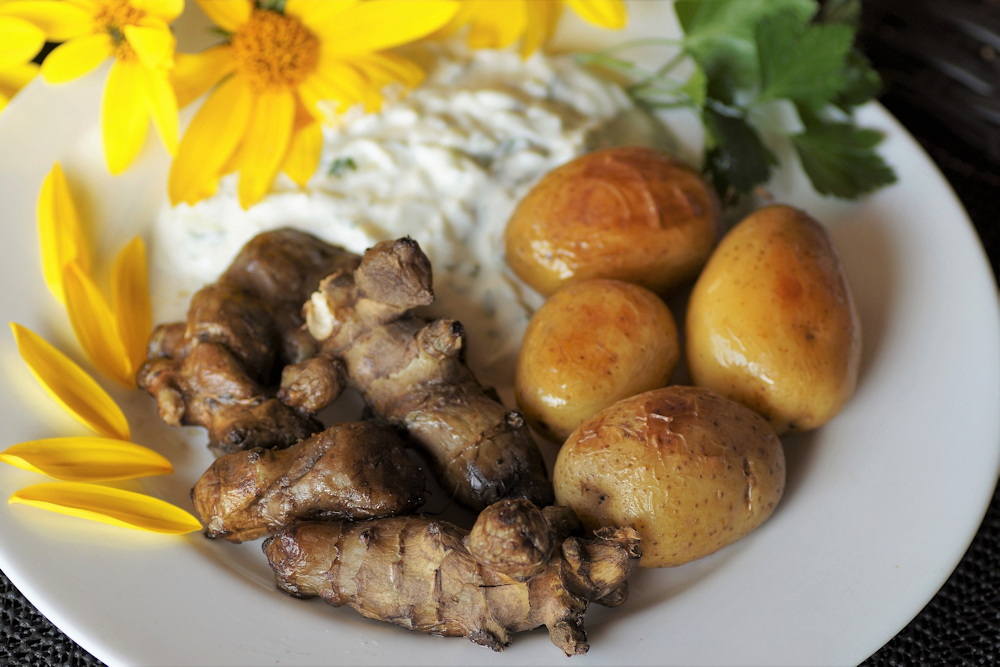
Garden Care
Cultivating sunchokes can be a rewarding endeavor, but they come with a caveat: they are prolific spreaders. Plant them in an area where you can control their growth, as they can quickly become invasive. Harvest sunchokes in the fall after the plant’s flowers have withered, but before the ground freezes. Be sure to dig deep to prevent tuber damage. Proper storage involves keeping them in a cool, dark place to prevent sprouting.

5 Tidbits About Sunchoke
- Historical Roots: Native to North America, sunchoke has an intriguing history, having been cultivated by Native American tribes long before the arrival of European settlers.
- Health Benefits: In addition to being a digestive aid, sunchokes are touted for their potential to help manage blood sugar levels.
- Sustainability Champion: Sunchokes are resilient plants, thriving in various climates with minimal care, making them a sustainable choice for home gardens.
- Butter Substitute: Sunchoke puree can be used as a healthier alternative to butter or cream in recipes, lending a rich, velvety texture.
- A Culinary Chameleon: Sunchokes can be incorporated into an array of dishes, from savory to sweet, showcasing their versatility in the kitchen.

Sunchoke Demystified: What Lies Beneath the Earth
Sunchoke, also known as the Jerusalem artichoke, invites us on a culinary and horticultural journey. As you explore its versatile applications in the kitchen and discover its nutritional value, you’ll find a hidden gem waiting to dazzle your taste buds. Beyond its deliciousness, sunchoke also adds a touch of history and sustainability to your garden, making it a plant well worth considering for both your table and your backyard.
